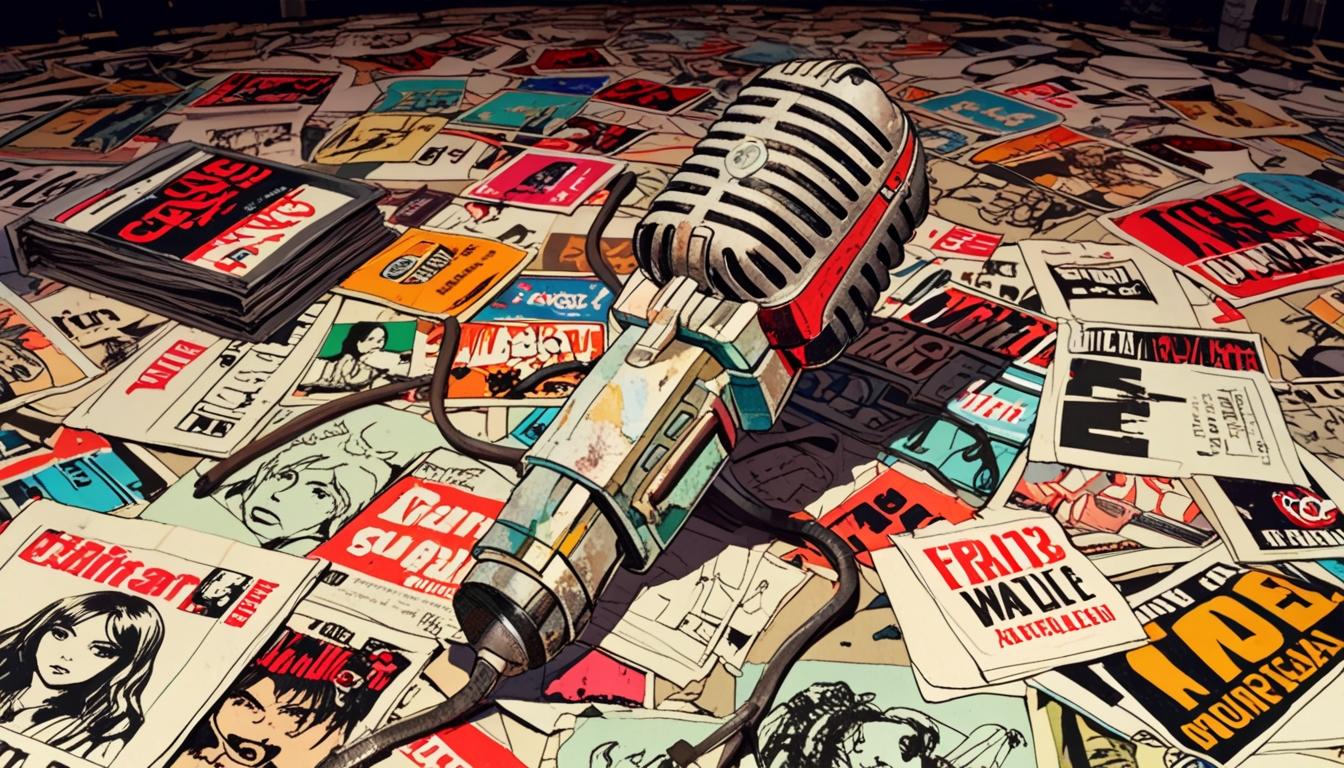When Video Games Journalism Eats Itself, We All Lose Out
Last week marked a tumultuous period for video games journalism, underscored by significant changes within two of the industry's staple platforms. Veteran site Giant Bomb witnessed the departure of key contributors Jeff Grubb and Mike Minotti following the controversial removal of a podcast episode that satirised new brand guidelines imposed by their parent company. The podcast, specifically episode 888 of the Giant Bombcast, has been taken offline, raising eyebrows and questions about creative autonomy in a world increasingly driven by corporate interests. Compounding this turmoil, it was revealed that Polygon, another prominent US-based site and a role model for progressive video game writing, has been sold to the Canadian publisher Valnet. This acquisition has precipitated notable layoffs, particularly affecting union members from the Writers Guild of America East, and calls into question the future viability of established gaming journalism sites.
Long-standing media outlets such as Giant Bomb and Polygon have built their reputations on a foundation of trust and audience engagement. This modelling of journalism has been increasingly undermined by recent corporate manoeuvres that prioritise financial gain over editorial integrity. Vox CEO Jim Bankoff remarked on the sale of Polygon that the move would allow the company to "focus energies and investment resources in other priority areas of growth across our portfolio." However, many industry watchers see this as a disheartening reduction of a vital voice in the domain, rather than an opportunity for growth. Valnet’s assurances of "new editorial heights" appear hollow in the face of substantial staff reductions, which, according to insiders, threaten to compromise the unique perspectives that have historically differentiated these sites.
Critics of these corporate consolidations express profound frustration. Nathan Grayson, writing on Aftermath, asserted, “None of this was, strictly speaking, necessary," given Polygon's significant web traffic and Giant Bomb's loyal following. This sentiment echoes a wider concern within the industry that executives act with a focus on shareholder value rather than the interests of journalism, potentially endangering the very platforms they oversee. The instinct to stifle dissenting opinions, as evidenced by the Giant Bombcast debacle, speaks volumes about the effects of corporate oversight on creative freedom—a sentiment that many feel has become alarmingly common.
Traditionally, gaming journalism has navigated a precarious balance between commercial pressures and editorial mission. In the era of magazines, income was derived largely from advertisements placed by the very companies whose products were critiqued. Often, negative reviews led to the withdrawal of ad placements, a scenario that necessitated a careful recalibration of journalistic integrity. Today, as advertising revenue models evolve and influencer culture proliferates, many media companies seem more interested in acquiring brands than nurturing the talent behind them. This uncertainty is exacerbated by allegations surrounding Valnet, which has been accused of operating its acquired sites as "content mills" focus on search engine optimisation rather than quality journalism.
Amidst these shifts, one cannot overlook the growing trend toward artificial intelligence and automated content production, which threatens the very fabric of creative journalism. While many tech-savvy entrepreneurs look towards utilising AI for generating quick, formulaic articles and walkthroughs, the reality remains that the essence of good games journalism transcends mere data processing. Crafting an insightful review or leading a thought-provoking podcast involves a nuanced understanding of human experience—something machines simply cannot replicate.
Despite the bleak landscape painted by recent events, there is a glimmer of hope. Independent platforms are emerging, unencumbered by corporate constraints and returning to the core principles of creativity and authenticity. Examples such as the UK-based VGC and the US site Aftermath have already garnered audiences eager for genuine engagement. As current trends evolve, the reliance on traditional, well-established brands may wane, making way for a renaissance of indie voices that prioritise integrity over SEO tricks.
Ultimately, the turbulence faced by journalistic stalwarts like Giant Bomb and Polygon underscores the urgent need for a reconsideration of what journalistic integrity entails. As heavier-handed corporate strategies threaten to drain creative outlets of their authenticity, perhaps it is time to pivot focus toward nurturing independent voices that champion thoughtful discourse. In an era where content is increasingly commodified, the hunger for genuine craftsmanship and the rich tapestry of ideas that informed journalism can offer is bound to assert itself. The battle for the soul of games journalism continues, and as the digital landscape shifts, there's a promise that a more authentic and human-centred approach may yet rise from the ashes of corporate disregard.
##Reference Map:
- Paragraph 1 – [1], [2]
- Paragraph 2 – [1], [3], [5]
- Paragraph 3 – [1], [2]
- Paragraph 4 – [1], [4], [6]
- Paragraph 5 – [1], [2]
- Paragraph 6 – [3], [5]
Source: Noah Wire Services
